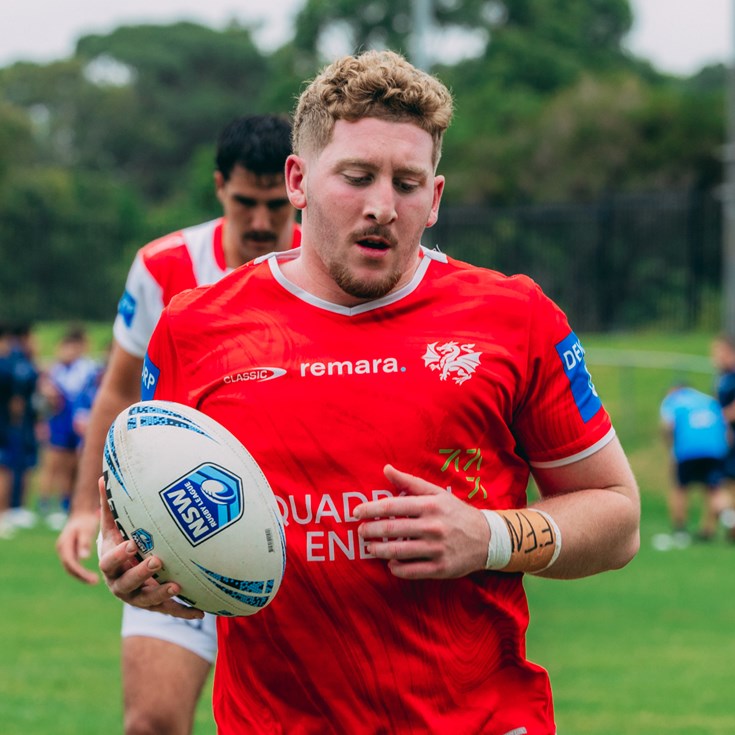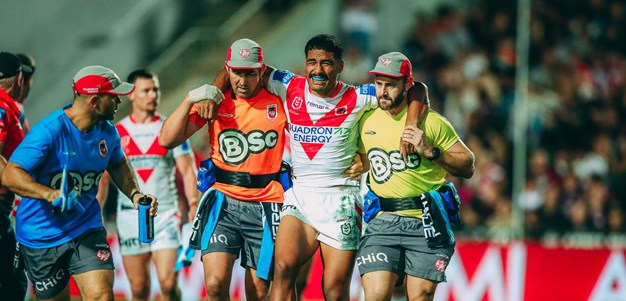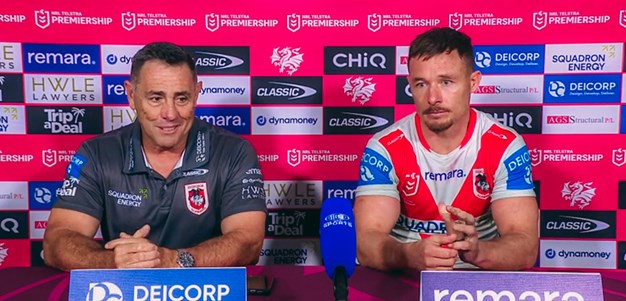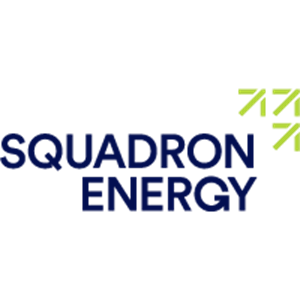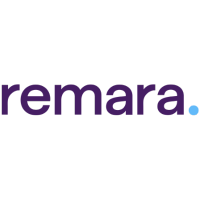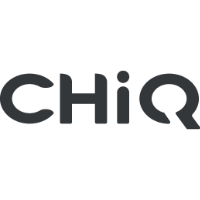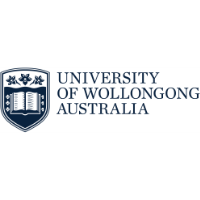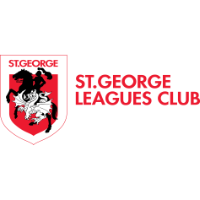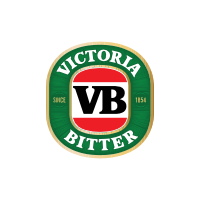It looks like you may be using adblocking software to view this site.
Many features on the site, such as video playback, may not work properly when using adblocking software.
Please whitelist our domain or disable your adblocker to access all features and videos.
The St George Illawarra Dragons will adopt a 'Nuclear Model' club structure in 2018 following the 'Whole of Game' policy changes set by the Australian Rugby League Commission (ARLC).
The Dragons, as with the likes of the Newcastle Knights, Penrith Panthers, New Zealand Warriors, Wests Tigers and Canterbury-Bankstown Bulldogs, is re-enginerring its pathway for the game's elite by adopting a 'Nuclear Model' club structure.
The NRL squads will be increasing from a Top 25 to a Top 30, one implication of the ARLC's 'Whole of Game' changes.
In the same light, the addition of six development players (min. three players) to any given NRL squad will encourage clubs to develop rather than recruit.
Dragons Under-20s duo Tristan Sailor and Steven Marsters are two examples of players who will train with the NRL squad in 2018 as development players.
There will also be changes regarding who can be contracted to an NRL club. It's a given now that no NRL club will be able to register a contract or pay any player before their 19th year.
In name of player welfare, this will mean players from regional areas and New Zealand won't be forced to leave home as teenagers to secure their future in the game.
As the Dragons have one of the largest rugby league catchment areas in Australia, this means a bigger opportunity is created for the club and players when it comes to integrating talent development programs and innovative competition structures.
Dragons CEO Peter Doust and Director of Rugby League Pathways Ian Millward believe this change is a positive for the Club.
"The St George Illawarra Dragons have been working on enhancing the 'Pathway' as part of their overall football strategy at the club," Dragons CEO Peter Doust said.
"Developing our own talent has always been a major priority and in this new era our pathways will be reinforced and protected.
"Development clubs such as the Dragons will continue to develop players for the game, as well."
Millward added: "As a club we believe that this is a great initiatve and this model further defines our pathway and enhances our focus to generate players from within our region."
The Under-20s (to be re-named Jersey Flegg) will shift from a national competition to a state-based competition and will run concurrently with the NSW Cup, which will become the predominant pathway to the NRL.
As a result, the NSW Cup team will become second to the NRL and (depending on scheduling) will take precedence as an NRL curtain-raiser.
That's not to say the Under-20s won't ever play at the same venue as first grade, but it will not be as common an occurrence as it has been over the past decade.
All three grades will participate under the St George Illawarra name – with the NSW Cup side set to be acknowledged under the Dragons brand for the first time since 2007.
With the NSW Cup and Jersey Flegg parallel, the NSWRL will be responsible for administrating both competitions.
In instances where the NRL maybe a standalone fixture, NSW Cup and Jersey Flegg will likely play together at the same venue on the same day and may align with the club's junior representative teams.
The Under-18s SG Ball and Under-16s Harold Matthews' competitions will remain in their current form – with the St George Dragons and Illawarra Steelers set to compete in both once again.
The St George Dragons will also enter the Under-18s Tarsha Gale Cup women's competition for the first time.
The Illawarra Steelers will remain in the Tarsha Gale Cup after finishing the inaugural season last year in third place.
The two team presence in the Tarsha Gale Cup is another important step forward for the Dragons.
This is reflected in the NRL's recent participation results which showed female club participation has grown from 14,200 to 18,900 – a 33 per cent increase overall.
The Dragons – together with the NRL, state leagues and other NRL clubs – are involved in a wide ranging consultative process, aimed at growing participation in the game, in all forms and at all levels.
